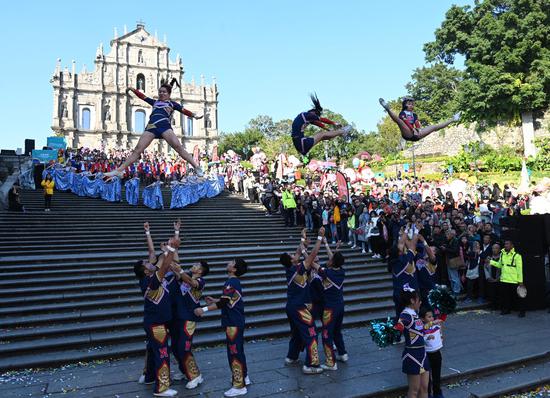
CNS: Regarding your experience in Macao, in what ways can you say that you have benefited from the development of Macao during the 25 years since the return, and from such a multicultural society?
Harald Brüning: After the return of Macao, the development of the tourism industry, the influx of foreign tourists, and the dearth (relatively speaking) of reliable news prompted my team and I to decide to launch an English-language daily two decades ago. My impression is that there has been more news coverage of Macao, both nationally and internationally, in the past few years, also because of the setting-up of the Guangdong-Hong Kong-Macao Greater Bay Area and the In-depth Cooperation Zone in Hengqin. Macao is increasingly in the spotlight.
In order to achieve the goal of establishing a World Leisure and Tourism Centre, the local government needs to increase its information drive in English in particular, the most common language in the world. Even though English does not have official status in Macao (unlike Chinese and Portuguese), it is Macao's de facto lingua franca.
Working as a journalist – reporter, editor and publisher – in a multicultural and multilingual (Cantonese, Mandarin, Portuguese, English) environment is no mean feat. Macao's multiculturalism makes our work as journalists particularly interesting. It is, actually, a great challenge. But I do love challenges, without which journalism would be rather boring.
CNS: As a member of Macao's permanent foreign residents, how do you see the link between this group and the Macao society?
Harald Brüning: As far as I know, about 20,000 permanent foreign residents live in Macao, i.e., about 3.0 percent of the population, comprising dozens of different nationalities, such as Portuguese, Filipinos, Americans, French, Malaysians. Most of them are professionals and their families. Many work in the academia such as at Macao's universities, others work as professionals and experts for the government, banks, the airport, in the medical sector and in the areas of culture and the arts. Others are teachers at local schools.
Most foreign residents are quite satisfied, even happy, with their situation here, and many of them are also well integrated into local society and Macao has become their home from home, or second home.
The MSAR Government and the Central People's Government have been treating foreign nationals in Macao very well since 1999. Macao's foreign residents have also made important contributions to Macao's development drive over the past 25 years, not just in economic and financial but also in societal and cultural terms. "Loving Macao" is a fait accompli also for Macao's foreign citizens, alongside their local counterparts.
Most, I am sure, regard Macao as a pleasantly livable and very convenient place – perhaps with the exception of traffic and public transport, but that's a merely technical problem that the local authorities should be able to solve before long. Convenience is one of Macao's highlight – virtually everything is conveniently near and the government's ongoing digitalization drive is making it increasingly convenient for residents to deal with public administration, public health and other public matters. As a foreign resident of Macao, I do feel at home here.
CNS: According to your observation, what convenience in working and living have been brought to the people of Macao, by the Cooperation in the Guangdong-Hong Kong-Macao Greater Bay Area (GBA) and the Guangdong-Macao in-depth cooperation zone in Hengqin, and how have they promoted Macao's moderate and diversified economic development?
Harald Brüning: Macao's future depends on its successful integration into the Greater Bay Area, which includes the Guangdong-Macao In-depth Cooperation Zone in Hengqin. It’s the only way to advance Macao’s ongoing efforts to achieve the appropriate diversification of its economy which still does excessively depend on its gaming industry, which, I would like to point out, has been an important part of Macao’s economy since the 19th century. The integration and diversification processes, which go hand in hand, need time to bear fruit and, therefore, should be seen as medium-term undertakings.
A few months ago, I visited the Macao New Neighbourhood (MNN) in Hengqin, a comprehensive project that integrates quality living space, education, health and social services for the residents of Macao. I was impressed by its construction and design quality. If I were younger, I would buy a flat there.
Since the Central People's Government gave us permanent foreign residents in Macao in July this year the welcome "present" of mainland travel permits, I have paid several visits to Zhuhai where I have been impressed by the adjacent city's extraordinary development progress over the past few decades, such as its great malls, modern residential buildings and efficient public transport facilities.
Besides, the mainland authorities have recently allowed Zhuhai residents to visit Macao once a week – which we can expect to benefit Macao's retail sector. Macao residents nowadays tend to pay frequent visits to Zhuhai for shopping, relaxation and eating-out , and we can expect the same from Zhuhai residents frequently visiting Macao for the same purposes.








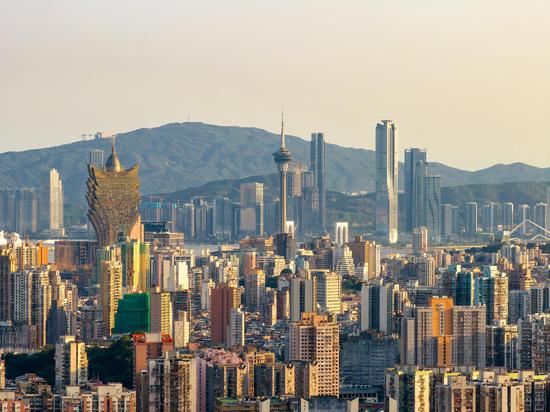

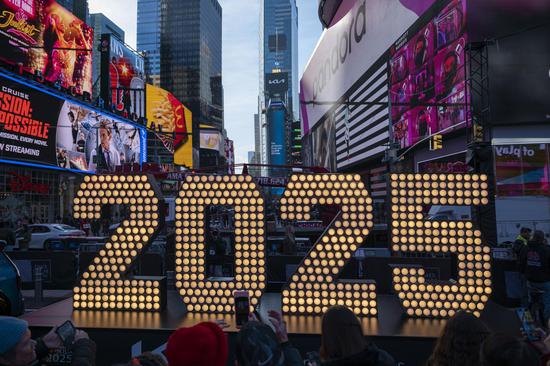
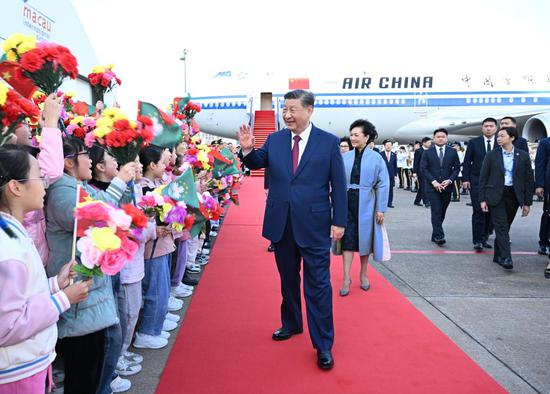
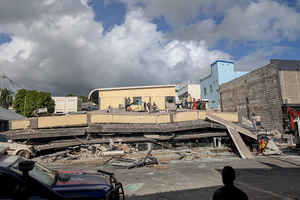

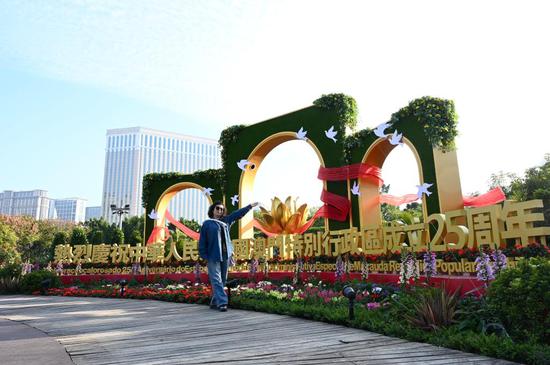
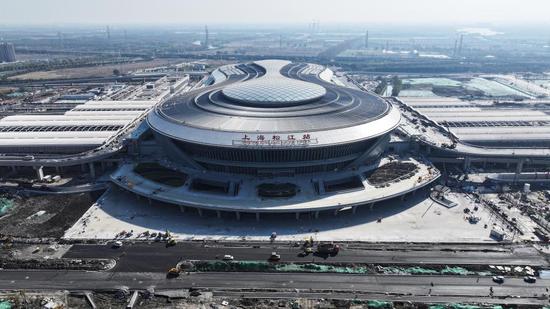

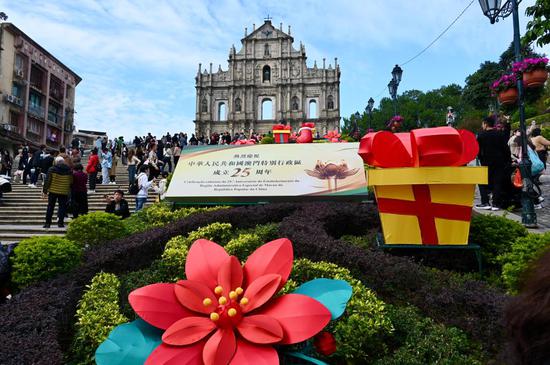

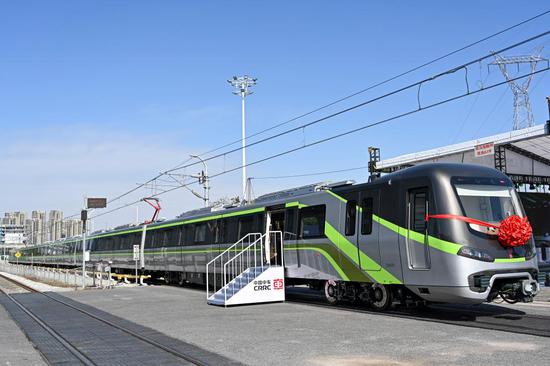



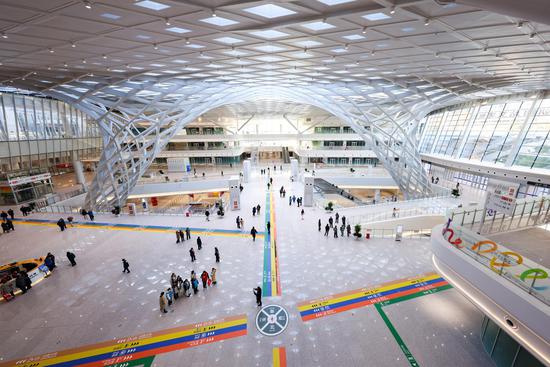
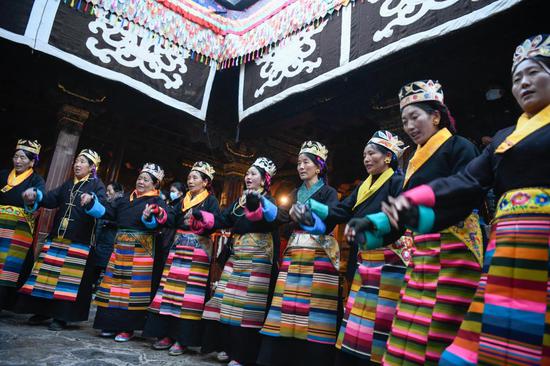

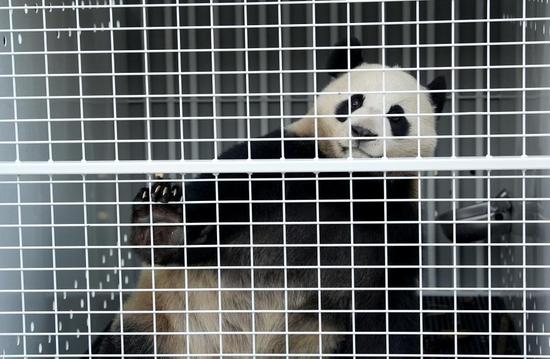
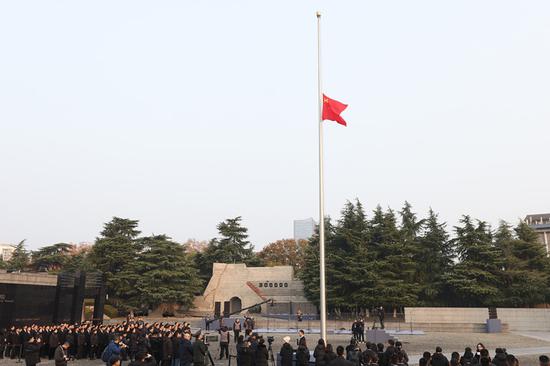
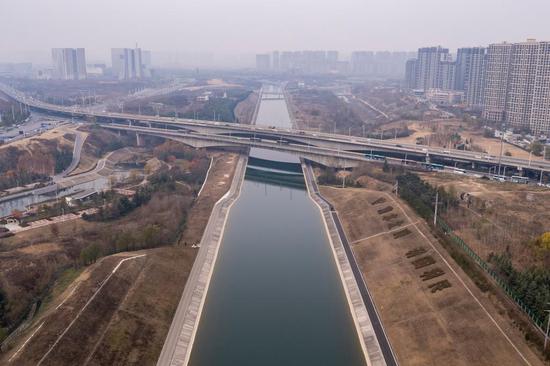
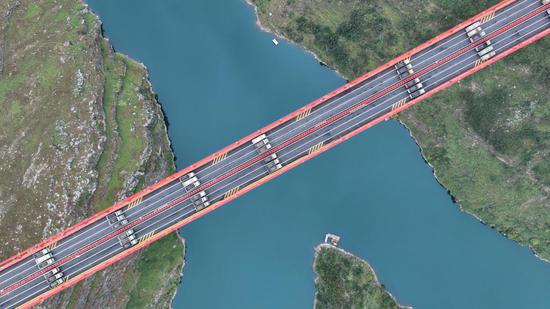





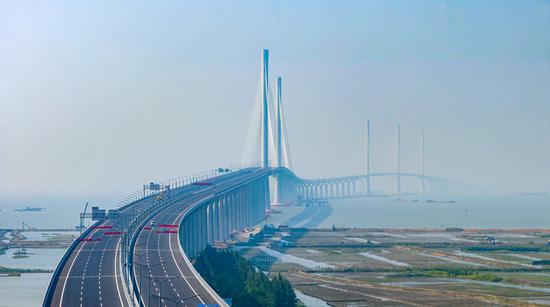

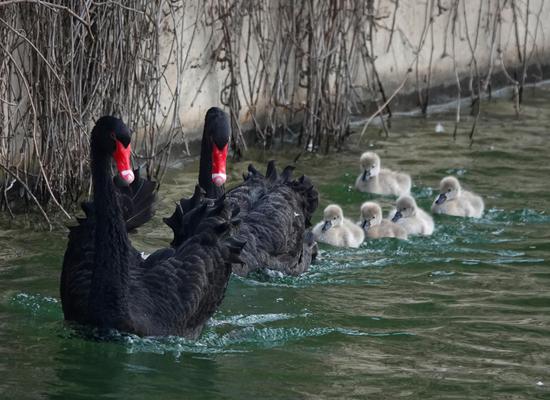

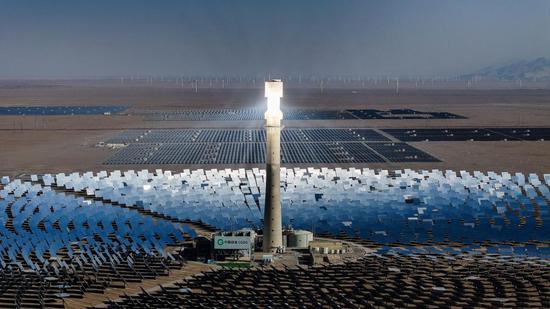
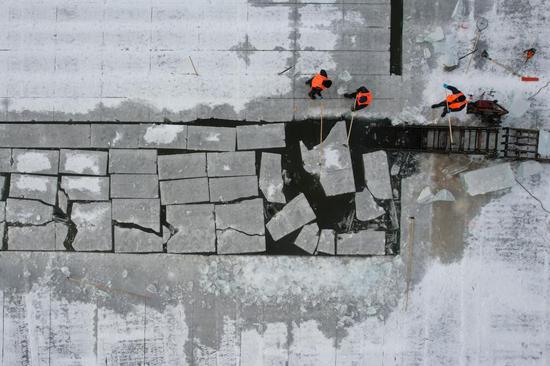
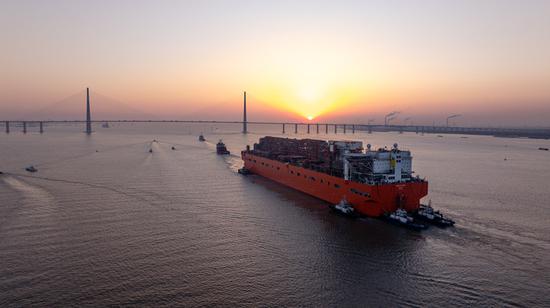
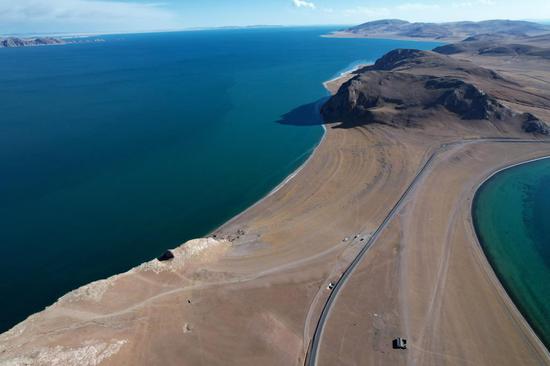







 京公网安备 11010202009201号
京公网安备 11010202009201号